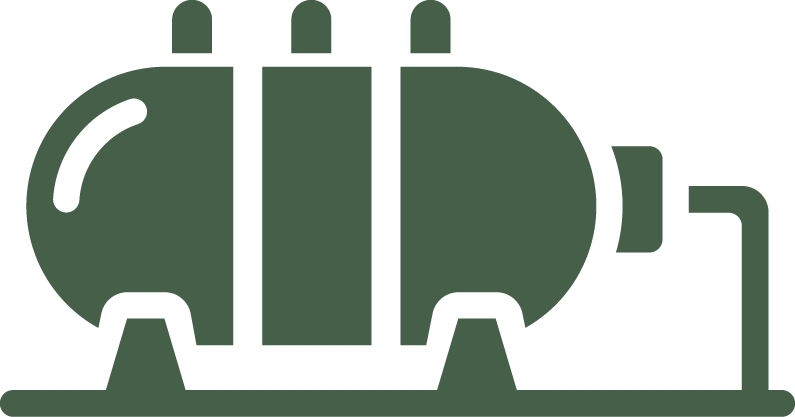The Wisconsin Department of Agriculture, Trade and Consumer Protection (DATCP) conducts routine inspections to ensure that consumers receive their money's worth in Wisconsin stores. It also regulates petroleum storage tanks and fuel quality. Find our weights and measures resources on this webpage.
What We Do
- Regularly monitor the accuracy of gas pumps, price scanners, scales, and package weights.
- Investigate complaints involving weights and measures devices.
- Review system design pre-installation plans for storage and dispensing system installations, modifications, and upgrades.
- Permit, register, and inspect flammable and combustible liquid storage tanks.
- Inspect and test liquid petroleum products.
- Credential companies and technicians who work with storage tanks and specific weights and measures devices.
- Maintain the State of Wisconsin weight standards in the Wisconsin Weights and Measures Metrology Laboratory.
Announcements
Service Company Technician Exams: Wisconsin weights and measures service company technician exams are now available in-person and virtually through the National Council on Weights and Measures (NCWM). The last exam proctored by DATCP will take place on August 8, 2025. Please visit the NCWM's Registered Service Agent Exam Information webpage to learn more.
Sign up to receive news notifications and industry updates from DATCP.
Quick Links
Fact Sheets | DATCP Consumer Protection | DATCP Business Trade Practices | DNR | DSPS
 Weights and Measures
DATCP inspects and calibrates measuring devices
to ensure consumers get their money's worth.
LEARN MORE
|
 Petroleum and Storage Tanks
Storage tank systems for petroleum and
hazardous liquids are regulated by DATCP.
LEARN MORE
|
 Licensing, Permitting, and Registration
Learn about requirements for service companies,
weights and measures devices, and storage tanks.
LEARN MORE
|
 Service Companies and Technicians
Service companies and technicians in Wisconsin
must be certified or licensed by DATCP.
LEARN MORE
|
 Laboratory Services
Thousands of tests are conducted every year in
DATCP's metrology and fuel quality lab.
LEARN MORE
|
 Training and Continuing Education
Tank installers and system inspectors must
receive continuing education to remain certified.
LEARN MORE
|